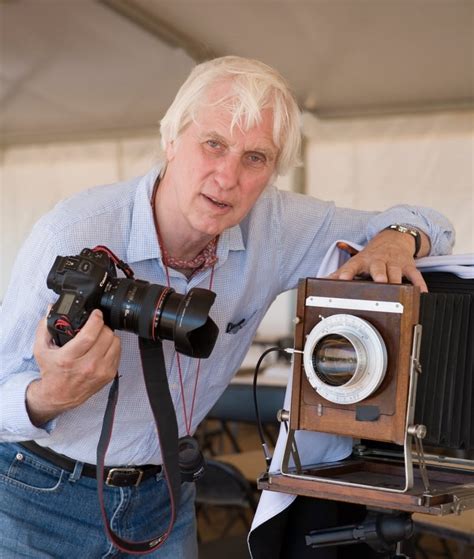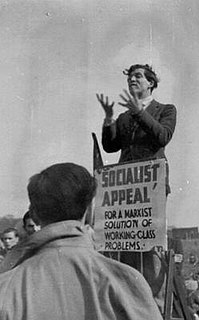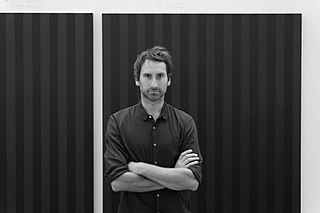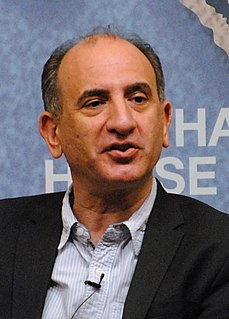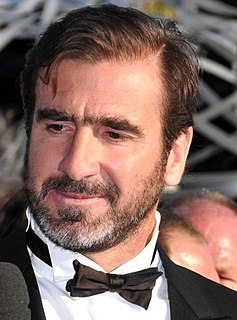A Quote by Douglas Kirkland
I like to talk to people and, obviously, to photograph them.
Related Quotes
If you're not mechanically in the community with people from the community trying to talk about our party, talk about school choice, talk about SBA loans for business owners - if someone's not there, nothing is going to change. You also need to have the tone ... people believe obviously you like them. If people don't think you like them, then they're not going to vote for you.
A photograph never grows old. You and I change, people change all through the months and years but a photograph always remains the same. How nice to look at a photograph of mother or father taken many years ago. You see them as you remember them. But as people live on, they change completely. That is why I think a photograph can be kind.
I feel like I'm doing something that's worthwhile. I feel like I'm showing something other people haven't shown. I don't get to talk to the people who I photograph, I just go, along, banging away. So I don't really have a relationship with them. A lot of people think it's very important. I don't. It's like love at first sight. I have an impression when I see somebody, and I have an idea of who they are, or what they are.
To photograph people is to violate them, by seeing them as they never see themselves, by having knowledge of them that they can never have; it turns people into objects that can be symbolically possessed. Just as a camera is a sublimation of the gun, to photograph someone is a subliminal murder - a soft murder, appropriate to a sad, frightened time.
There are a lot of ways to talk about the life of a photograph. You can talk about the afterlife of a photograph, and in the end I talk about that, with the Richard Prince picture. But mainly, what I dedicated the book to being about was how photographs begin their life, and where they begin it. And they begin it with the photographer's imagination and instinct and experience.
I always talk to all the crew. I always make it pleasant. I always nurture a relationship that makes people feel like they're important, like they're a part of the collaboration. I feel that way about the young actors on set. I don't talk to them like I'm the mentor; I talk to them like they're my peers. And I learned that from Meryl Streep.
How foolish of me to believe that it would be that easy. I had confused the appearance of trees and automobiles, and people with a reality itself, and believed that a photograph of these appearances to be a photograph of it. It is a melancholy truth that I will never be able to photograph it and can only fail. I am a reflection photographing other reflections within a reflection. To photograph reality is to photograph nothing.
When you are organizing a group of people, the first thing that we do is we talk about the history of what other people have been able to accomplish - people that look like them, workers like them, ordinary people, working people - and we give them the list: these are people like yourself; this is what they were able to do in their community.
What I want is the world to remember the problems and the people I photograph. What I want is to create a discussion about what is happening around the world and to provoke some debate with these pictures. Nothing more than this. I don't want people to look at them and appreciate the light and the palate of tones. I want them to look inside and see what the pictures represent, and the kind of people I photograph.
